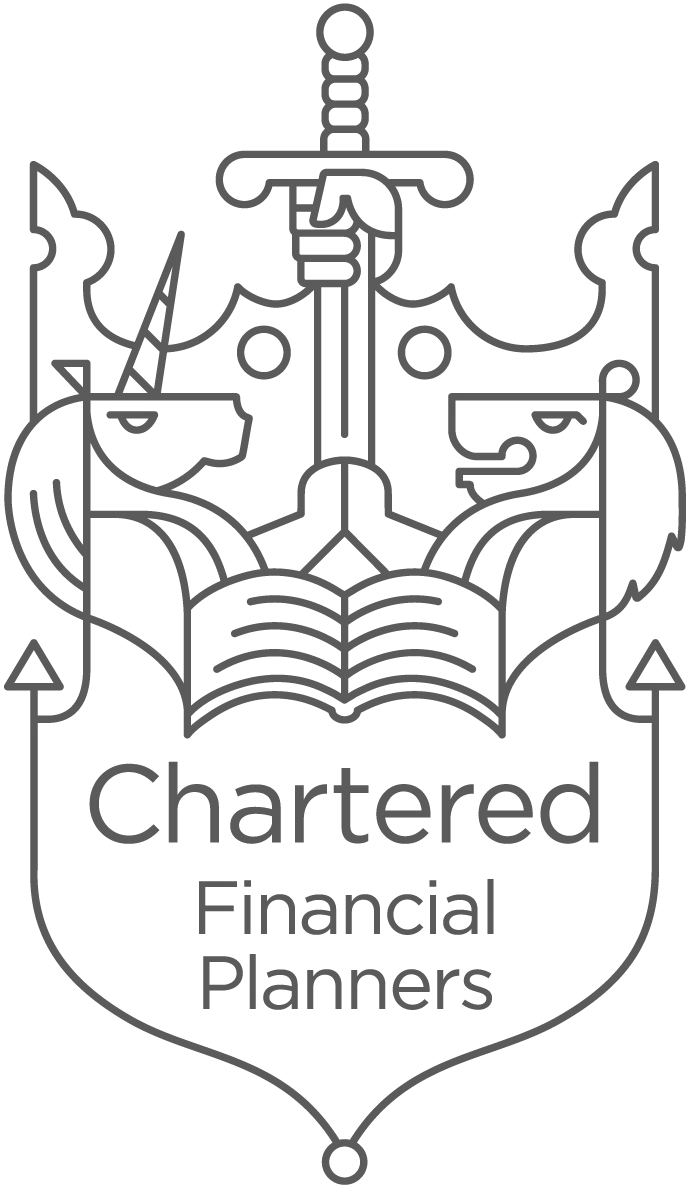Company Life Cover (Death in service)
If you provide Group Life Cover for your employees, it’s important that their nomination forms are kept up to date.
We would suggest asking staff to review this on a yearly basis (as their circumstances may have changed). The employer (on behalf of the trustees of the scheme) is responsible for making claims under the Group Life cover. Lump-sum payments will be paid to the Trustees (which could be the employer or a third-party professional trustee) who will decide to whom payments are made, taking into account the wishes as set out in the employee’s nomination form.
Although the employee can say who you would like the benefit to go, this is not binding on the Trustees. An employee can update their nomination form when they wish, and the latest form will be passed to the Trustees should they die. Having an up-to-date nomination form can also help speed up the process of making the payment to the deceased employee’s beneficiaries. Without one, the Trustees may need to review a Will. Lump-sum payments made by the Group Life Cover should not usually form part of the employee’s estate.
Workplace Pension
Employees can also nominate the people they would like to be considered as beneficiaries for receiving any pension benefits payable in the event of their death by completing a nomination form (or sometimes known as an expression of wish).
The pension benefits available upon death will depend on the type of pension scheme you have. However, for the majority of Workplace Pensions, unlike the Company Life Cover, the Trustees are unlikely to be the employer. Often it will be the scheme administrators or the Trustees (if an occupational pension). Regardless, it’s still important for employees to nominate their beneficiaries. The nomination form can usually be obtained from the pension provider, either online or with a paper form. Just as with the company Life Cover, the trustees will take your nomination into account, but they have the discretion on who to pay the benefits to.
Any pension death benefits paid under the trustee’s discretionary powers won’t normally be included in an employee’s estate and so shouldn’t have any Inheritance Tax liability.


